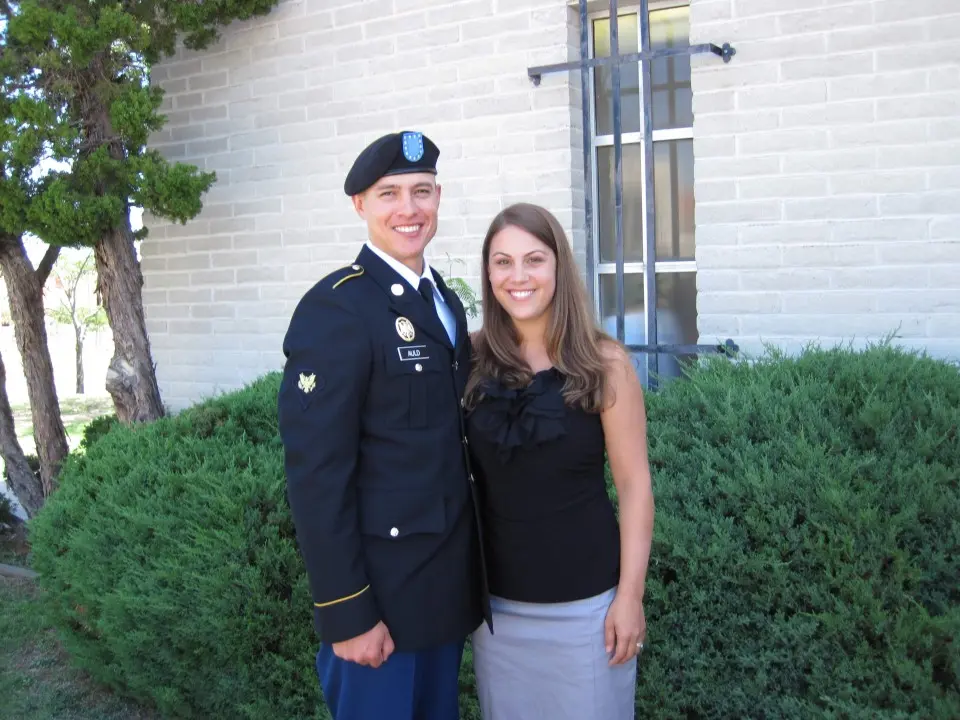Impact
It’s win-win. Remote work provides opportunities for an often-ignored talent pool: military spouses.
Nov 11, 2021
At 22%, military spouses have one of the highest unemployment rates in the nation. There are a variety of reasons why, but most notably, military families often move every two to three years. As you can imagine, it’s tough to maintain even the basics of life with that much frequent change. And especially with the already existing fear that comes with having a loved one in active duty, the added uncertainty of needing to relocate with only a few days’ notice and risk losing a paying job only contributes to the stress.

As a life-long HR professional focused in technology and growth companies, I understand what companies are looking for in candidates. Unfortunately, many companies have resume and application filters that will automatically take out someone like a military spouse.
This must change – and it can, especially now. With the widespread movement towards remote work, companies have the incredible opportunity to tap into a talented pool of uniquely experienced military spouses not readily available before.
In 2011, my family had ten days to fully relocate and settle from California to North Carolina. But in North Carolina, I found a vibrant community of people who cared for each other, and I joined an incredible group of women who were also military spouses. I realized early on it was crucial to have a network that supported each other and understood the hardships of being a military spouse, especially when your own life goals—whether that is to pursue a college degree or advance in your job position—suddenly become unattainable.
My friends and I have all experienced how difficult it is to advance your career when you move so frequently. I understand why companies might be hesitant to hire and invest in someone who might be asked to move at a whim’s notice. But the result is a group of talented individuals who end up working sporadically or not at all for years at a time—another common red flag for recruiters. However, these very experiences can create an exceptional team member for most companies – skills like resiliency, problem solving, critical thinking, adjusting to and working with diverse team members toward common goals, etc..
This is why I encourage companies to open their hiring practices and process for military spouses. Start by having a conversation with them, beyond just sorting through the resume. At 8minute Solar Energy – where I am the Vice President People & Recruiting, the majority of our positions are fully remote.
If other companies follow suit, they’ll find what I did: a vibrant community of incredible people who have amazing potential and a clear desire to contribute. Companies get to tap into a huge talent pool of people who have great skills, education and life experiences, who are – importantly – more than their resumes.
It has been over 10 years now since my spouse made the courageous decision to join the Army to support our country. He joined in large part because our close friend Jesse had died in Iraq, and my husband wanted to honor Jesse’s legacy and serve our country. I am incredibly proud of his decision and grateful for this experience.
While he is no longer active, I still am connected to that group of women in North Carolina, and I want to continue growing a wonderful network of support for other military spouses regardless of where they call home.


